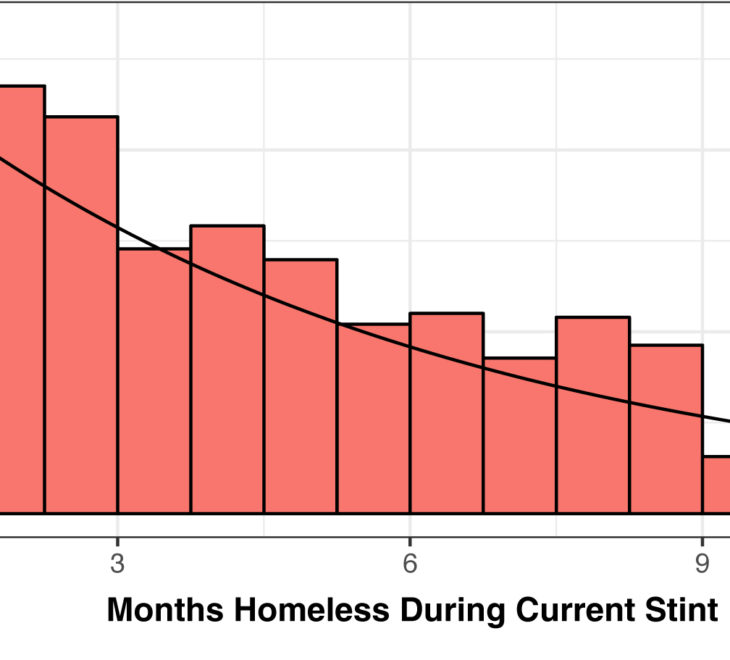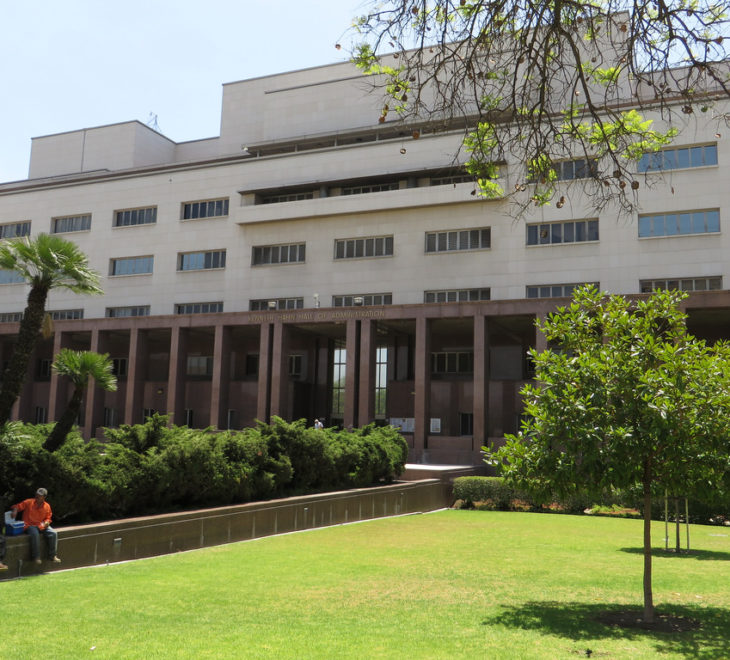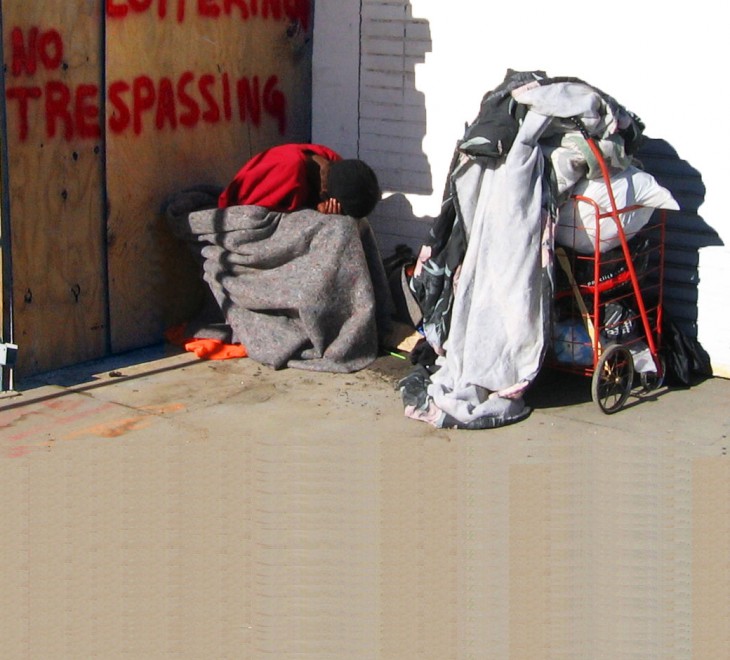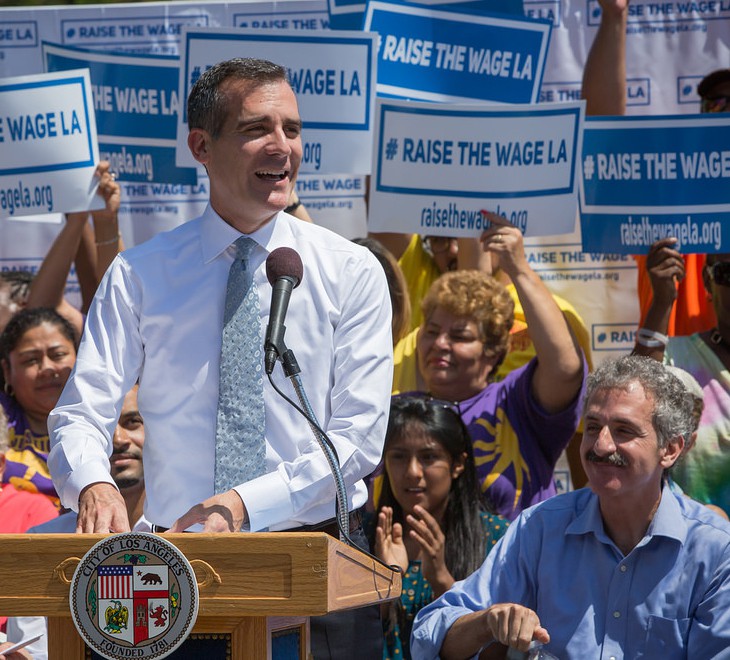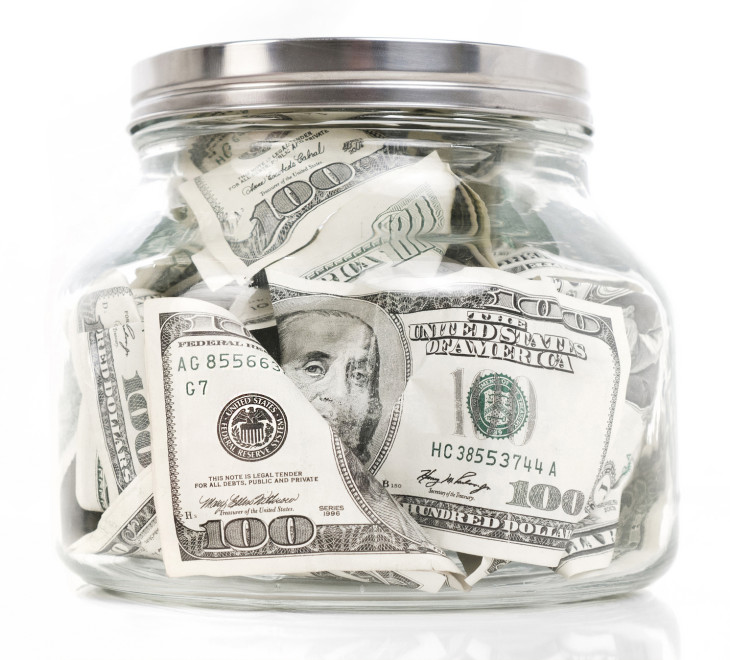FOR IMMEDIATE RELEASE
CONTACT:
DANIEL FLAMING – danflaming@economicrt.org – (213) 892-8104 x204
YVONNE YEN LIU – yvonne@economicrt.org – (213) 892-8104 x207
RAISING LOS ANGELES MINIMUM WAGE TO $15.25 WILL BENEFIT COMMUNITIES,
PROVIDING $5.9 BILLION MORE IN INCOME TO GROW ECONOMY-BOOSTING JOBS
Benefits of Sustainable Economy Outweigh Costs
New Report Recommends Monitored Phase-in and Strong Enforcement
LOS ANGELES, Ca. – Los Angeles is a dream city of sunshine and celebrity for some, but 723,000 working people struggle to pay for basic needs because of low-wages. A lift of the minimum wage to $15.25 per hour with a monitored phase-in and strong enforcement provisions in Los Angeles will boost communities and the overall economy by providing more Angelenos with $5.9 billion more in income to spend on the basics, according to a new report released today by Economic Roundtable, a public policy research organization. When people can spend on the basics, the economy grows and 46,400 jobs will be created.
L.A. is a low-wage city with a high cost of living, compared to other major metropolitan areas such as San Francisco, San Jose, and New York. The price for the basics, such as rent, food, and transportation, are high while wage growth has stagnated. A dollar earned by restaurant and retail workers in L.A. in 1979 is worth only 68-cents today.
Economic Roundtable recommends a five-year phase to increase the minimum wage, alongside close monitoring of economic impacts using the Data Dashboard, to identify and provide technical assistance. Raising the minimum wage to $15.25 will save taxpayers $313 million, as fewer working people rely on public assistance. The increase in income to families will boost the economy: for every dollar increase in minimum wage, $1.12 in stimulus will be added to the local economy. State and local governments will receive an added $414 million in revenue and the federal government $546 million.
To be clear, certain businesses will feel the impact in increased wages. However, Economic Roundtable finds that these businesses are concentrated in high-income and resilient neighborhoods, who can absorb the increase. In addition, the study concludes that businesses will not leave L.A. in search of lower wages, because 80 percent of low-wage jobs require face-to-face interactions with consumers, mandating a physical presence in the city.
“Improving the lives of low-wage workers is not a zero-sum game in which one person has to lose for another to benefit,” said report author and Economic Roundtable president Dan Flaming. “The upsides of a fair minimum wage include increased household buying power, a more stable labor force, and the affirmation of fairness in an economy where we are all interdependent.”
In fact, a $15.25 raise for the city will mean a lift for the region. Neighboring cities will have to increase their wages to compete with Los Angeles to attract and retain the most competent workforce. Communities who experience historical lack of investment will be boosted by the added income. For example, in South Los Angeles more than 60,000 resident workers will receive a raise. That will translate into opportunities for economic transformation in low-income neighborhoods and help build a more inclusive and sustainable economy across the city.
The full study is available here.
Key Findings:
- Almost half a million working-age Los Angeles residents are in poverty, and half of them are working. Low wages drive poverty as much as unemployment does.
- Workers today earn less in purchasing power than they did 35 years ago. A dollar in wages for a restaurant or retail worker in 1979 is worth 68-cents today.
- Almost 70 percent of low- and moderate-income families work hard to earn the same amount of income as the top ten percent of upper-income households.
- Sixty percent of low-wage workers in Los Angeles are women. In communities of color, one out of every two residents – 69 percent Latino and 56 percent African American – are paid less than $15.25 an hour.
- Eight out of ten low-wage workers in Los Angeles experience wage theft. Every week, workers lose $26.2 million due to wage theft violations, the highest rate of any other major city in the country.
- Every dollar increase in the minimum wage results in $1.12 stimulus to the economy.
- The region is projected to create 46,400 new jobs, of which 24,875 will be in the city.
- State and local governments will receive $414 million in added revenue and the federal government $546 million.
- Fewer working people will have to rely on public assistance, saving taxpayers $313 million a year.
- Eighty percent of businesses in Los Angeles need to be physically located in the city to provide face-to-face interactions with customers. These businesses cannot leave the city in search of lower wages.
- Communities with historical lack of investment will experience increased household spending, which leads to local economic growth. In South Los Angeles, for example, over 60,000 residents will earn more money to spend on the basics. Their wage earnings will raise the overall earnings of all South Los Angeles residents by 7.1 percent.
- Without action to raise the wage floor, the number of low-wage jobs will grow faster than the number of mid- and high-wage jobs.
###



